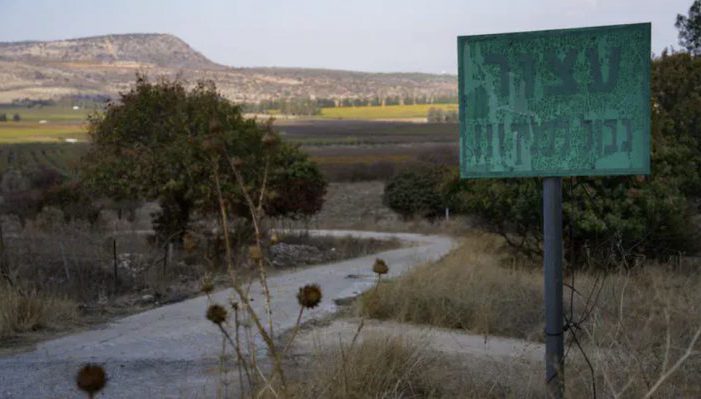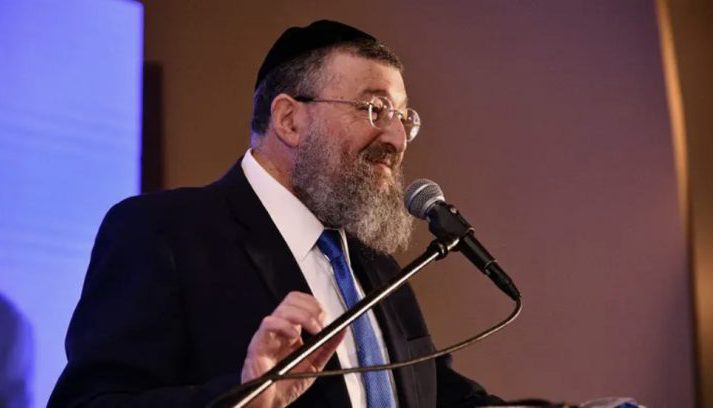Lebanese report reveals American demands linking aid to political shifts, Hezbollah disarmament, and regional normalization.
Lebanon is facing mounting pressure from the United States, as detailed in a report by the Lebanese daily Al Liwa. According to the report, American envoy Morgan Ortagus is set to arrive in Beirut with firm directives aimed at pushing Lebanese leaders toward alignment with a US-backed regional framework centered on Israeli security.
The report indicates that Washington is no longer willing to tolerate what it views as evasive policies from Beirut. Instead, it expects public and unequivocal steps by Lebanon in support of a broader regional normalization process. Economic support and foreign investment, the report claims, are now contingent upon such cooperation.
Sources cited by Al Liwa warn that failing to engage in this process could have dire consequences for Lebanon. These could include a loss of international support, a sharp decline in financial stability, and the erosion of longstanding national issues such as the Mount Dov dispute. Mount Dov, known in Lebanon as the Shebaa Farms, a small strip of land at the junction of Lebanon, Syria, and Israel, is claimed by Lebanon but regarded by the UN as Syrian territory occupied by Israel, making it a central point of contention in the Lebanese-Israeli conflict.
Al Liwa further suggests that the US may be pursuing a broader diplomatic arrangement involving Syria, whereby sanctions relief would be traded for territorial concessions. Should Damascus formally recognize the Shebaa Farms as Syrian rather than Lebanese, this could undermine Hezbollah’s justification for retaining its weapons, thereby intensifying calls for its disarmament.
The report outlines several key expectations Washington allegedly has for Lebanon: a quiet withdrawal from the Mount Dov claim to avoid direct normalization, dismantling of Hezbollah’s military capabilities, curbing of the political influence of the Amal-Hezbollah bloc, and a freeze on internal policy debates until the next parliamentary elections in 2026.
The report concludes that these moves aim not only to reshape Lebanon’s internal dynamics but to integrate it into a new regional order orchestrated by Washington and Jerusalem.Lebanon is facing mounting pressure from the United States, as detailed in a report by the Lebanese daily Al Liwa. According to the report, American envoy Morgan Ortagus is set to arrive in Beirut with firm directives aimed at pushing Lebanese leaders toward alignment with a US-backed regional framework centered on Israeli security.
The report indicates that Washington is no longer willing to tolerate what it views as evasive policies from Beirut. Instead, it expects public and unequivocal steps by Lebanon in support of a broader regional normalization process. Economic support and foreign investment, the report claims, are now contingent upon such cooperation.
Sources cited by Al Liwa warn that failing to engage in this process could have dire consequences for Lebanon. These could include a loss of international support, a sharp decline in financial stability, and the erosion of longstanding national issues such as the Mount Dov dispute. Mount Dov, known in Lebanon as the Shebaa Farms, a small strip of land at the junction of Lebanon, Syria, and Israel, is claimed by Lebanon but regarded by the UN as Syrian territory occupied by Israel, making it a central point of contention in the Lebanese-Israeli conflict.
Al Liwa further suggests that the US may be pursuing a broader diplomatic arrangement involving Syria, whereby sanctions relief would be traded for territorial concessions. Should Damascus formally recognize the Shebaa Farms as Syrian rather than Lebanese, this could undermine Hezbollah’s justification for retaining its weapons, thereby intensifying calls for its disarmament.
The report outlines several key expectations Washington allegedly has for Lebanon: a quiet withdrawal from the Mount Dov claim to avoid direct normalization, dismantling of Hezbollah’s military capabilities, curbing of the political influence of the Amal-Hezbollah bloc, and a freeze on internal policy debates until the next parliamentary elections in 2026.
The report concludes that these moves aim not only to reshape Lebanon’s internal dynamics but to integrate it into a new regional order orchestrated by Washington and Jerusalem.





